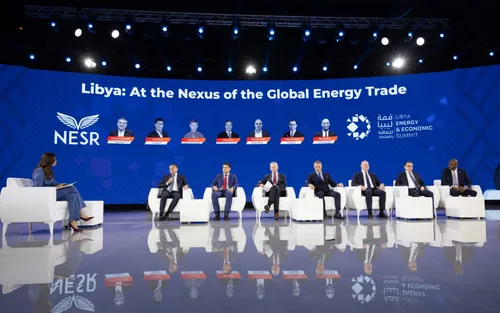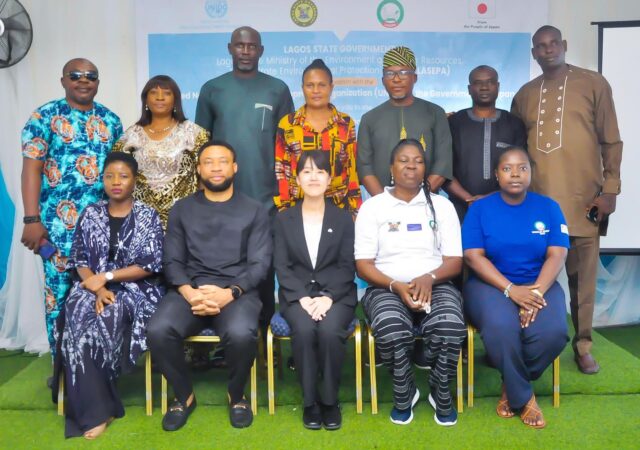The first day of the Libya Energy & Economic Summit featured a dynamic technical program, hosted by the Society of Petroleum Engineers of Libya, focusing on how innovation, sustainability and digital transformation can propel oil and gas sector growth
The first day of the Libya Energy & Economic Summit (LEES) 2025 featured a dynamic technical program, hosted by the Society of Petroleum Engineers (SPE) of Libya, which explored how technological advancements, sustainability and workforce development can drive the country’s oil and gas sector forward. Industry leaders shared insights on how these factors are essential for enhancing efficiency, fostering innovation and attracting investment to ensure the long-term growth of Libya’s energy industry.
Libyan Council for Oil, Gas & Renewable Energy (LCOGRE): The session kicked off with a presentation by Dr. Khaled Ben Othman, Chairman of LCOGRE. Dr. Othman discussed the potential of balancing Libya’s natural resources with clean technologies to meet global environmental, safety and health standards. He emphasized the council’s vision to invest in modern infrastructure for energy exploration, extraction, processing and distribution to meet both local and international demand. “We also want to encourage innovation, research and development in the energy sector to create new technologies and improve efficiency in energy use,” he stated.
SPE of Libya: Samir Guma Elamri, Program Chairperson at SPE of Libya and Sales Manager – Digital for SLB, stressed the importance of digital transformation in the oil and gas sector. Elamri highlighted several emerging technologies, including big data analytics, cloud computing, artificial intelligence and the internet of things, as key tools for improving operational efficiency. He also underscored the importance of workforce development to support these technological advancements. “According to the World Economic Forum, by 2027, 50% of employees will need reskilling due to adopting new technology,” Elamri noted, emphasizing that the oil and gas industry is not far from entering the fourth industrial revolution.
Delta United Group: A presentation by Delta United Group focused on the role of technology in driving sustainability within Libya’s energy industry. The company outlined how Libya can leverage its abundant natural resources to support the development of sustainable aviation fuel, green hydrogen, green metal and green ammonia. These initiatives, they explained, will play a key role in supporting the country’s energy transition and reducing carbon emissions, offering new opportunities for growth and diversification in the energy sector.
Tumi Law Firm: The final presentation of the session was delivered by Hannah Khllat, Legal Consultant at Tumi Law Firm. Khllat provided an in-depth look at Libya’s evolving regulatory framework designed to attract international investment. She emphasized the country’s efforts to create a conducive business environment through commercial and investment laws, which facilitate the establishment of foreign companies in Libya. These legal mechanisms, she explained, enable foreign companies to explore, produce and service oil fields in collaboration with Libya’s National Oil Corporation.
Source: APO Group on behalf of Energy Capital & Power.








There may be noticeably a bundle to learn about this. I assume you made sure good factors in features also.
Thank you, I’ve just been looking for information about this topic for ages and yours is the best I’ve found out so far. However, what in regards to the bottom line? Are you positive about the supply?
I believe you have mentioned some very interesting details , thanks for the post.
The root of your writing while sounding agreeable in the beginning, did not sit perfectly with me after some time. Someplace within the paragraphs you actually managed to make me a believer but just for a very short while. I nevertheless have got a problem with your leaps in logic and you might do well to help fill in those gaps. In the event you can accomplish that, I could definitely end up being fascinated.
When I originally commented I clicked the -Notify me when new comments are added- checkbox and now each time a comment is added I get four emails with the same comment. Is there any way you can remove me from that service? Thanks!